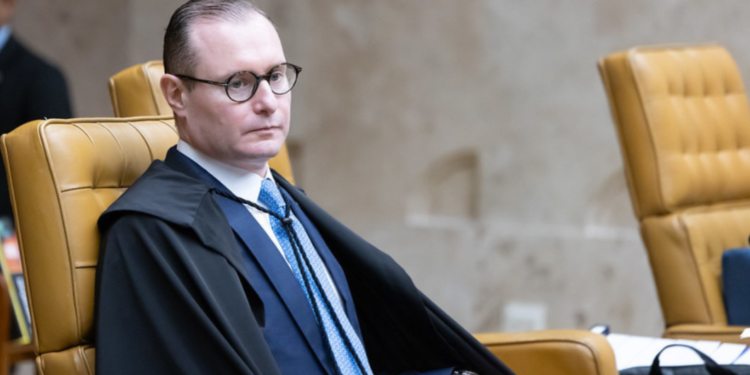Sep 9, 2024 Story by: Editor
Brazil’s Supreme Court has ruled for maintaining a 30% quota for Black and mixed-race candidates regarding electoral funds. The decision came as part of efforts to ensure greater political representation of historically marginalized groups. This quota will apply to the public funds allocated to political campaigns, starting with the 2024 municipal elections.
Prosecutor General Paulo Gonet argued that the new funding limit would reduce financial support compared to previous proportional systems, where allocations were based on the number of Black candidates in each party. However, Justice Cristiano Zanin, who led the ruling, interpreted the 30% quota as a progressive measure. According to Zanin, this affirmative action policy is designed to benefit marginalized communities by guaranteeing a minimum allocation of resources for Black and mixed-race candidates.
The case originated from a constitutional amendment that was part of broader political reforms to boost the inclusion of underrepresented groups. Critics of the 30% funding limit had pointed out that, in the past, parties with a significant number of Black candidates received more financial backing than they would under the new rule. They suggested that the percentage should serve as a baseline rather than a maximum. Despite this criticism, the Supreme Court upheld the amendment, considering it a positive step toward equitable representation.
Justice Zanin emphasized that this ruling represents a continued commitment to addressing systemic inequalities, especially as the country prepares for its upcoming municipal elections. The amendment is part of wider efforts to expand political access for Black Brazilians, who have historically been excluded from many political opportunities.
Political parties will now be required to comply with the new rules, ensuring that no less than 30% of their public electoral funds are directed toward Black and mixed-race candidates. This change is seen as a way to promote greater inclusivity in Brazil’s political process, particularly for communities that have been historically underrepresented.
This decision marks an important moment in the country’s electoral reforms, highlighting the ongoing tension between maintaining fairness in campaign funding and ensuring the political participation of Brazil’s diverse population. Source: Brazilian Report

















